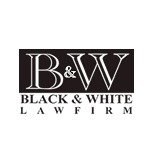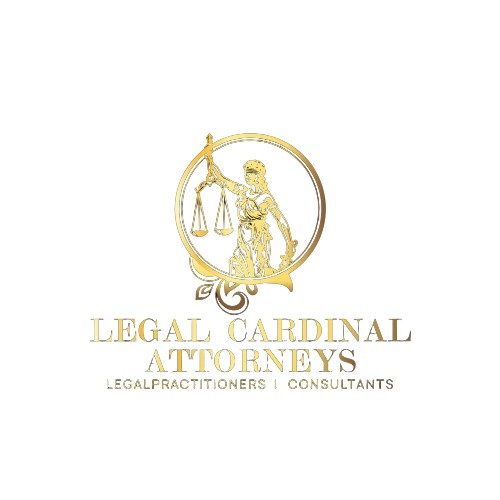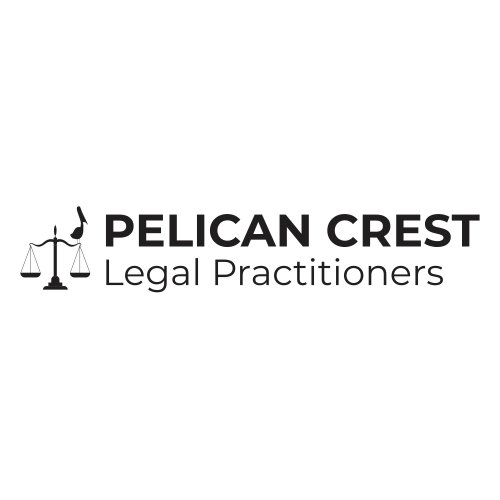Best Investment Lawyers in Ibadan
Share your needs with us, get contacted by law firms.
Free. Takes 2 min.
List of the best lawyers in Ibadan, Nigeria
About Investment Law in Ibadan, Nigeria
Investment law in Ibadan, which falls under the wider scope of Nigerian law, covers a broad range of legal matters relating to the acquisition, management, and disposal of investment assets. This may include shares, bonds, property, and other investments. Key national legislation like the Nigerian Investment Promotion Commission Act and the Companies and Allied Matters Act, regulate investment activity and underscore the importance of understanding and complying with such laws.
Why You May Need a Lawyer
Legal help may be needed while setting up and registering an investment business, understanding and navigating complex investment deals, ensuring regulatory compliance, and protecting investments and rights in cases of legal disputes. A lawyer can provide comprehensive legal advice and representation, help in timely resolution of disputes, and facilitate hassle-free transactions. The complexities and differences of investment laws from one region to another further necessitate the need for a lawyer.
Local Laws Overview
Key laws and regulations control investment in Ibadan. These include The Nigerian Investment Promotion Commission (NIPC) Act, which encourages foreign investment, and the Foreign Exchange (Monitoring and Miscellaneous Provisions) Act which provides for investing in freely convertible currency. Also, the Companies And Allied Matters Act (CAMA) provides for the regulation of companies operating in Nigeria, whether national or international. Moreover, due to Ibadan's strategic location and emphasis on certain sectors like agriculture and manufacturing, additional local regulations and schemes could apply.
Frequently Asked Questions
What types of investments are most common in Nigeria?
Nigeria's economy is diverse, with significant investments in sectors like oil and gas, agriculture, manufacturing, real estate, and technology.
Are foreign individuals and companies allowed to invest in Ibadan, Nigeria?
Yes, foreign individuals and companies are allowed to invest in Nigeria, including Ibadan, subject to certain conditions and guidelines as provided under the Nigerian Investment Promotion Commission (NIPC) Act.
What are the tax obligations for investors in Ibadan, Nigeria?
Tax obligations vary depending on the type of investment. Corporate entities may face company income tax among others, while individuals may be subjected to personal income tax. Consulting with a tax lawyer or specialist is advised to understand these obligations fully.
What happens if an investor has a dispute with a business partner in Ibadan?
In cases of legal disputes, the parties can resort to negotiation, mediation, arbitration, or litigation. A lawyer can help navigate these processes, protect your rights, and represent your interests effectively.
Can an investor start a business in Ibadan, Nigeria?
Yes, both local and foreign investors can start a business in Ibadan, Nigeria. It is vital to comply with the laws regulating business registration, foreign investment, and sector-specific guidelines.
Additional Resources
Nigeria Investment Promotion Commission (NIPC), Companies And Allied Matters Act (CAMA), and Corporate Affairs Commission (CAC) are reliable resources for any individual seeking to invest in Nigeria. Law firms in Ibadan also provide local knowledge, experience, and connections, making them valuable resources too.
Next Steps
If you require legal assistance in investment matters in Ibadan, it is advisable to consult with a lawyer familiar with Nigerian Investment law. Also, taking the time to familiarize yourself with the relevant laws and regulations can be advantageous.
Lawzana helps you find the best lawyers and law firms in Ibadan through a curated and pre-screened list of qualified legal professionals. Our platform offers rankings and detailed profiles of attorneys and law firms, allowing you to compare based on practice areas, including Investment, experience, and client feedback.
Each profile includes a description of the firm's areas of practice, client reviews, team members and partners, year of establishment, spoken languages, office locations, contact information, social media presence, and any published articles or resources. Most firms on our platform speak English and are experienced in both local and international legal matters.
Get a quote from top-rated law firms in Ibadan, Nigeria — quickly, securely, and without unnecessary hassle.
Disclaimer:
The information provided on this page is for general informational purposes only and does not constitute legal advice. While we strive to ensure the accuracy and relevance of the content, legal information may change over time, and interpretations of the law can vary. You should always consult with a qualified legal professional for advice specific to your situation.
We disclaim all liability for actions taken or not taken based on the content of this page. If you believe any information is incorrect or outdated, please contact us, and we will review and update it where appropriate.

















